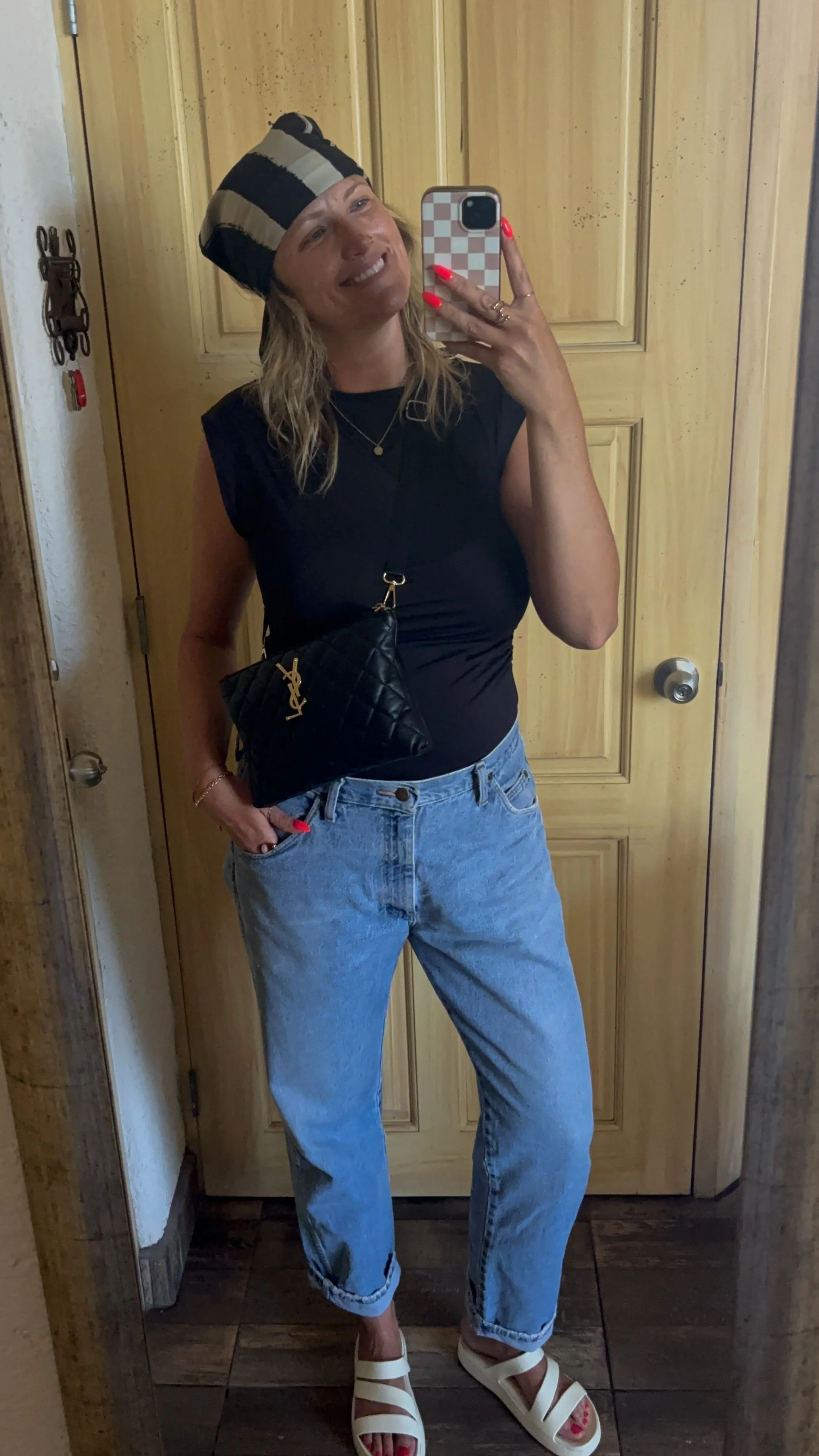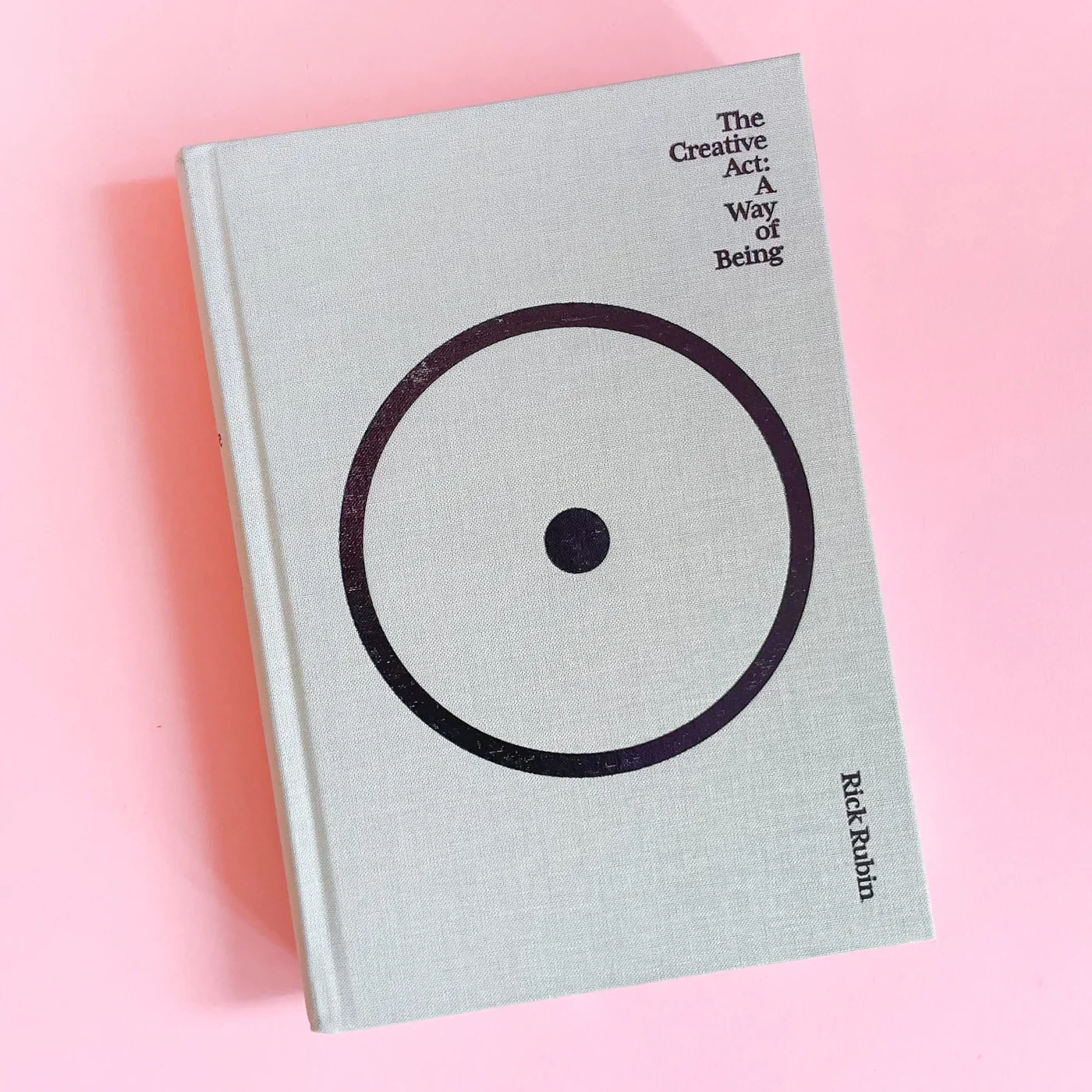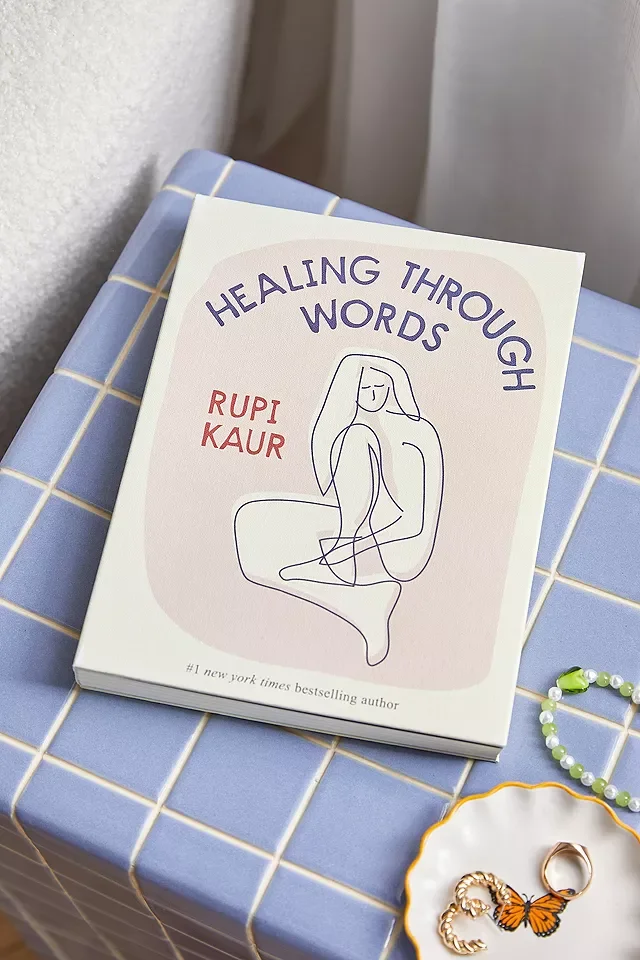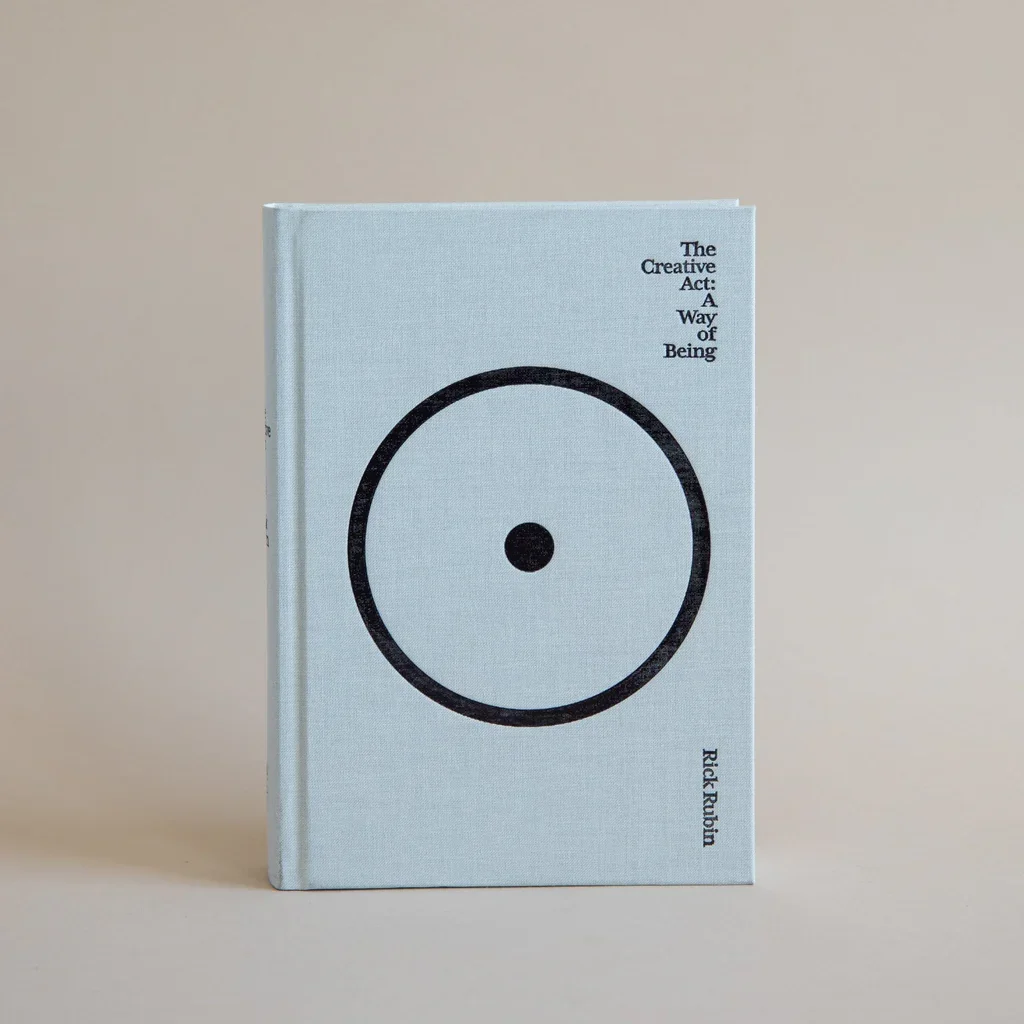Detaching from Others’ Reactions: How to Stop Taking Things Personally
Understanding that people’s reactions to you have nothing to do with you is the fucking best.
Let me explain. I am a sensitive person… my empathy is so soft that I’ll notice you shift in your chair and know that something just set you off. I am deeply, wonderfully, and painfully attuned to the world and people around me, a blessing and a curse, or rather something to be carefully taken care of. So, needless to say, when someone has a strong reaction to my self-expression (emotions, decisions, clothing, art, whatever), I can take it so personally. This is normal… so human.
Why We Take Reactions Personally
As humans, we are social creatures wired to want to feel accepted and avoid the painful, life-threatening experience of rejection and loneliness. I recently read that the impact of chronic social disconnection is the equivalent of smoking a pack of cigarettes a day (according to the U.S. Surgeon General). That’s actually insane. Makes sense why people-pleasing and trying to fit in can run rampant in our psyches and social worlds.
How to Detach from Others’ Reactions
So how do we begin to live a life detached from people’s reactions that make us feel insecure or bad about ourselves? How can we know that a reaction to our life has nothing to do with us but rather everything to do with what they fear and carry deep inside? How do we not take things personally?
My first thought is to breathe. Take a breath. Pause… because their reaction will likely trigger a reaction within you as you internalize the shame or judgment over yourself.
Next, ask yourself: “What response would I have liked from this person?” Validate that it hurts and brings sadness and anger when your wants/needs in relationships aren’t met. Validate and feel those feelings.
Then, in your mind, give the other person back their opinion, knowing that it is their own pain, shame, judgment, or limitation being projected onto you. Say: “This comment has nothing to do with me, and the shame belongs to them.” Once the shame goes back to them, you’ll likely begin to experience compassion for the person as you see how their own life is controlled by fear.
If you feel grounded, calm, and clear at this point, you can respond to their shame in a comforting way—not to coddle or heal them, but with genuine kindness and insight into their own pain. Then move on, knowing that their reaction has nothing to do with you and go live your life.
Practice Makes Permanent
Now practice this on repeat with as many people as possible.
It’s the fucking best.
These are my honest and raw thoughts.
With truth & love,
Katie









